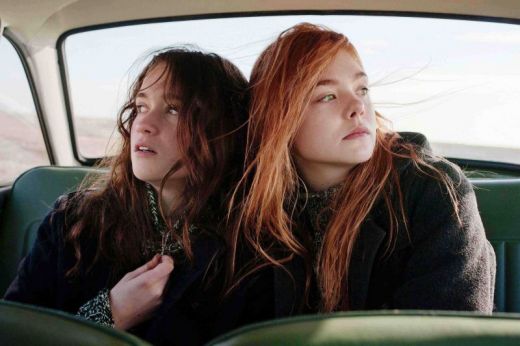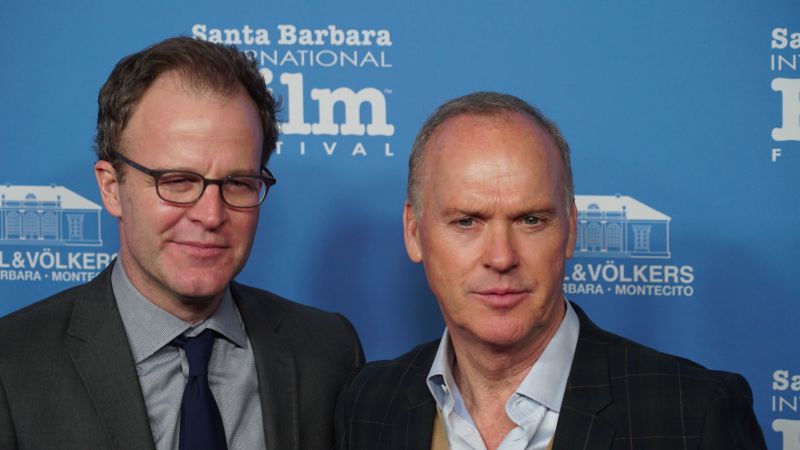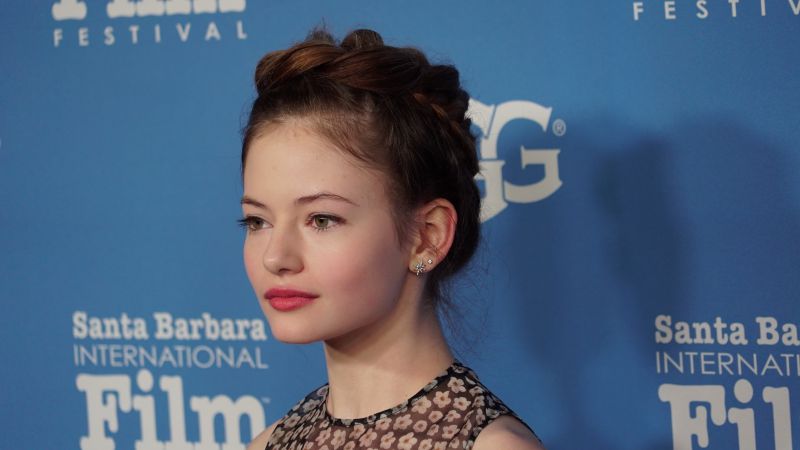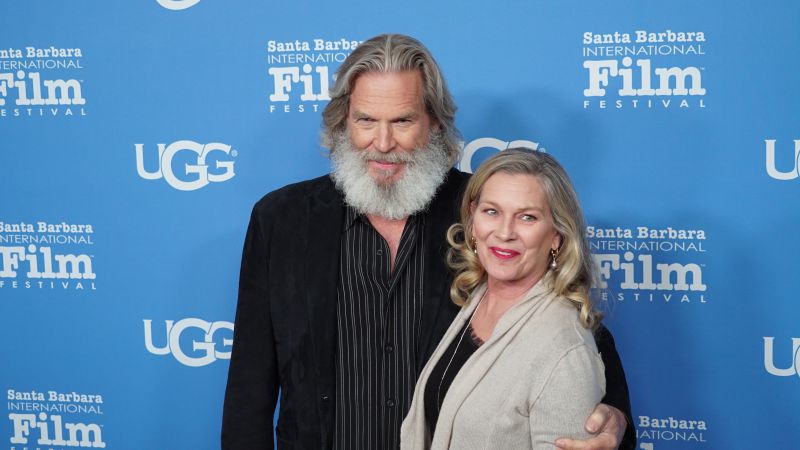|
|
||
|
Pro Tools
FILMFESTIVALS | 24/7 world wide coverageWelcome ! Enjoy the best of both worlds: Film & Festival News, exploring the best of the film festivals community. Launched in 1995, relentlessly connecting films to festivals, documenting and promoting festivals worldwide. Working on an upgrade soon. For collaboration, editorial contributions, or publicity, please send us an email here. User login |
Sally Potter and Elle Fanning Bring Excellence with Ginger and Rosa The greatness of this movie can be seen in how there’s equal lightheartedness as depth, and Potter has moments timed so well. The girls skip class, kiss boys, try on makeup, read advice in girly magazines: "Says here a girl's most valuable possession is a bubbly personality," We watch them also as their opinions differ on important issues. "I think we should do something about the bomb. Like protest," says Ginger. "I think we should pray," says Rosa as she hands Ginger a rosary. What's most endearing in their relationship is how they continue to respect each other. Potter has created a world not black and white, not another cliche coming of age story, but one that's complex, fine-tuned, deep, soulful, and emotional. It's fascinating to watch them innocent in a world where they don't what to do. They are portrayed so well, as viewers we easily hop in and don't know either what is best. Ginger, played marvelously by Elle Fanning, has a father who's a pacifist, a passionate writer/activist. Innocence is interesting in his character too. He is not a good father in the traditional sense, that is not his intention. He won't even let his daughter call him Dad. He is honest with her, and treats her as an equal, often having great advice. When Ginger tells her father about Rosa's idea that they pray, he says. "The only life is the one we have, which is why we must seize it and live while we have the chance." The script is full of beautiful lines like this, and Ginger’s father is a great character for them. "There's a poetry in confined spaces -- but only if it's by choice,” he says when he shares a sleepover with the two girls in his boat one night. "The worst thing about prison is not that they make you feel like a small child, but that you start to doubt your beliefs," he says about his time spent in prison for protest. There is comedy in the script too. One day when he weeps alone n his room, classical music playing, Ginger tells Rosa, “he always does that. Especially with Shubert." Often we see how malleable these girls are, how they take in what's around them, and often the movie plays with what is unsaid. After the boat sleepover, Rosa announces she is writing a letter to Ginger's dad. She says she understands him, and feels pain in her soul for him. Instead of saying anything, Ginger gets up to change the music right away. “The film is structured around what people cannot say to each other,” said Potter during Q&A. No wonder the movie is so good, showing instead of telling. Two major themes of the movie are confinement and freedom. During Q&A one audience member asked about all the close-up shots in the movie. “We were making a 1962 London, in present-day London, on a low budget. That tends to suggest a slightly closer frame," said Potter to a laugh from the audience. Also, Potter wanted to make a film that was intimate, and raw. "I was interested in exploring the landscape of the face...I wanted to explore the things that cannot be said, through what they are saying. Subtext." The intensity of this movie comes from the intensity of growing up in a time where the girls really don't know whether or not they will die from nuclear destruction. Eager to understand, Ginger shrieks, "I don't want to die! I want to grow up and do things!" “Can't you be a girl for a bit longer?” One of her parents’ friends ask in response. We can all relate to that. The showing instead of telling comes to an extraordinary point when all of the unsaid emotions during the movie build up to one scene. Potter explained how the film was initially titled, “Bomb” because she thought of every scene building up into this one scene where it all explodes. (I won't give anything away about this incredible scene.) Potter says they shot in chronological order as much as they possibly could to build this intensity on set too. “The story creeps up on you and you're lead into something you're not quite expecting." During Q&A Ms. Potter was asked the obligatory question about whether she wrote this story based on reality. She answered, "I think every film needs to be AT LEAST semi-autobiographic." Potter was 12 at the time of the Cuban Missile Crisis ... "I kind of know what I'm talking about," she said. At the end of the movie we finally see Ginger, a poet, write. It’s as if she’s finally able to sum up everything she couldn’t figure out how to say before, all at once, after the “bomb” scene. "…Despite the horror, and the sorrow, I love our world. I want us all to live. You dream of everlasting love. Not me. Because what really matters is to live, and if we do, I will be nothing to forgive…" The four ladies: Sally Potter, Elle Fanning, Alice Englert, and Christina Hendricks sat in front of the screen and their body language suggested they enjoyed working together. Potter described casting as "that magic moment when fantasy becomes reality." “It’s about working with actors and drawing out inherent qualities of extraordinary people," says Potter. Christina Hendricks spoke on Potter’s directing style: "The tender way which she talked to actors and deals with everyone in her crew opens people up to being vulnerable, and to being raw and emotional and feeling OK with that...As an actor the ultimate goal is that it's as real and powerful as you hope it can be."
And Potter gushed about Fanning: "What she has is this extraordinary capacity to be really IN the feeling of the moment in present time...and yet, apart of her detached enough to know exactly the moment to turn her head so that the camera will catch the tear just as it falls. This is a mixture of being in it and just enough outside it...True professionalism." Cheers, ladies! 13.11.2012 | Elisabeth's blog Cat. : AFI FEST AFI festival alice englert Alice Englert Christina Hendricks Christina Hendricks elle fanning Elle Fanning Entertainment Entertainment Ginger ginger and rosa London Rosa Sally Potter Sally Potter Walsh College of Accountancy and Business PEOPLE
|
LinksThe Bulletin Board > The Bulletin Board Blog Following News Interview with EFM (Berlin) Director
Interview with IFTA Chairman (AFM)
Interview with Cannes Marche du Film Director
Filmfestivals.com dailies live coverage from > Live from India
Useful links for the indies: > Big files transfer
+ SUBSCRIBE to the weekly Newsletter Deals+ Special offers and discounts from filmfestivals.com Selected fun offers
> Bonus Casino
User imagesAbout Elisabeth Bartlett Elisabeth Bartlett Elisabeth Blogging about the festival scene from Los Angeles View my profile Send me a message The EditorUser contributions |






























